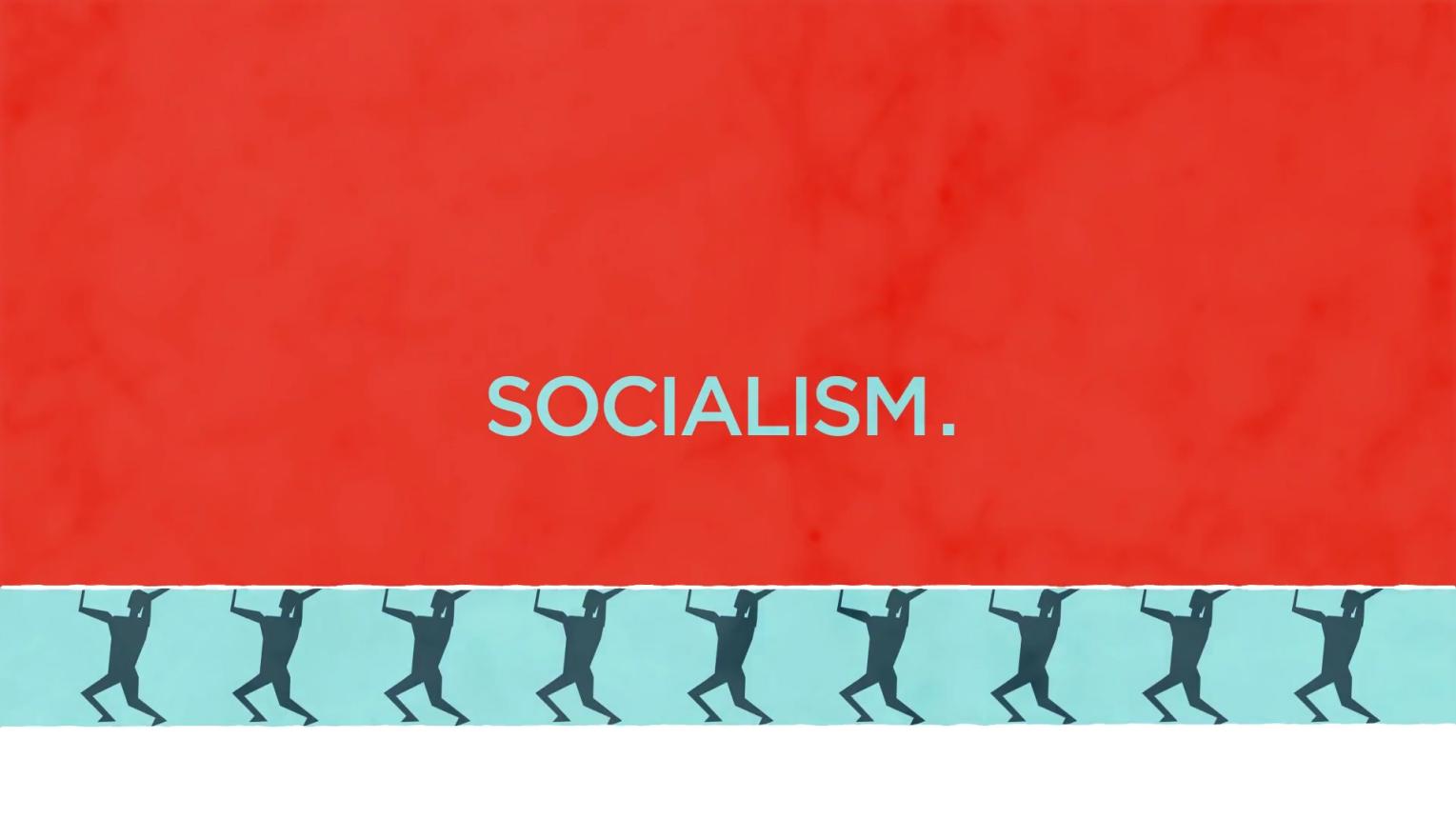Is Big Government Socialism the Answer to Economic Inequality?
The debate over the role of government in the economy has been ongoing for centuries, with proponents and opponents of Big Government Socialism presenting strong arguments on both sides. This article examines the concept of Big Government Socialism, its historical context, and the key arguments for and against its implementation as a solution to economic inequality.

Definition Of Big Government Socialism
Big Government Socialism refers to a political and economic system in which the government plays a significant role in the economy, intervening in markets, regulating industries, and providing social welfare programs. Key principles of Big Government Socialism include:
- Strong government intervention in the economy to promote social and economic equality.
- Government ownership or control of key industries and services.
- Progressive taxation and wealth redistribution policies to reduce economic inequality.
- Emphasis on social welfare programs, such as healthcare, education, and unemployment benefits.
The impact of Big Government Socialism on economic inequality is a complex issue, with proponents arguing that it can effectively reduce inequality through wealth redistribution and social welfare programs, while opponents contend that it can lead to economic inefficiency and disincentives to work and invest.
Historical Context
The origins of Big Government Socialism can be traced back to the 19th century, with the rise of socialist and labor movements in Europe. Notable examples of countries that have implemented Big Government Socialism policies include the Soviet Union, China, and Sweden. In recent years, there has been a resurgence of interest in Big Government Socialism, particularly in response to the perceived failures of neoliberal economic policies.
Arguments In Favor Of Big Government Socialism
Addressing Economic Inequality

Proponents of Big Government Socialism argue that it is an effective means of reducing economic inequality. They point to countries like Sweden, which has a strong social welfare system and a relatively low level of economic inequality, as evidence of the success of Big Government Socialism. Progressive taxation and wealth redistribution policies can help to ensure that the benefits of economic growth are shared more equitably, reducing the gap between the rich and the poor.
Promoting Social Justice
Big Government Socialism emphasizes social justice by ensuring equal opportunities, access to healthcare, education, and other essential services. These policies can contribute to a more just and equitable society, where everyone has the chance to succeed, regardless of their background or circumstances.
Economic Stability

Proponents of Big Government Socialism argue that it can promote economic stability by regulating the economy, preventing market failures, and providing a safety net during economic downturns. Government intervention can help to prevent excessive risk-taking and speculation, which can lead to financial crises. Additionally, social welfare programs can provide a safety net for those who lose their jobs or experience financial hardship, helping to stabilize the economy during difficult times.
Arguments Against Big Government Socialism
Economic Inefficiency
Opponents of Big Government Socialism argue that it can lead to economic inefficiency. Excessive government intervention can stifle innovation and entrepreneurship, as businesses are burdened with regulations and high taxes. Bureaucracy and red tape can also make it difficult for businesses to operate efficiently, leading to slower economic growth and reduced productivity.
Loss Of Individual Liberty
Big Government Socialism can infringe on individual liberty by imposing excessive regulations, limiting economic choices, and reducing personal autonomy. High taxes can discourage work and investment, while generous welfare benefits can create disincentives to work. Additionally, government control over key industries and services can limit consumer choice and reduce the quality of goods and services.
Disincentives To Work And Invest
Big Government Socialism can discourage work and investment due to high taxes, generous welfare benefits, and limited opportunities for upward mobility. High taxes can reduce the incentive to work, as people may feel that they are not being adequately rewarded for their efforts. Generous welfare benefits can also create a disincentive to work, as people may be able to receive a similar level of income without having to work. Additionally, limited opportunities for upward mobility can discourage people from investing in their education and skills, as they may not see a clear path to success.
Summary Of Arguments
The debate over Big Government Socialism is complex, with strong arguments on both sides. Proponents argue that it can effectively reduce economic inequality, promote social justice, and provide economic stability. Opponents contend that it can lead to economic inefficiency, loss of individual liberty, and disincentives to work and invest.
Balanced Perspective
It is important to take a balanced perspective on the issue of Big Government Socialism, acknowledging both the potential benefits and drawbacks of this approach. The effectiveness of Big Government Socialism policies will vary depending on the specific context of each country, including its political, economic, and social conditions.
Contextual Considerations
When evaluating the effectiveness of Big Government Socialism policies, it is important to consider the specific context of each country. Factors such as the level of economic development, the strength of institutions, and the cultural values of the population can all influence the success or failure of Big Government Socialism policies.
Ongoing Debate
The debate over Big Government Socialism is ongoing, with no one-size-fits-all solution. The effectiveness of Big Government Socialism policies will depend on the specific context of each country and the values and priorities of its citizens. It is important to continue to engage in thoughtful and informed discussion on this complex issue.
YesNo

Leave a Reply